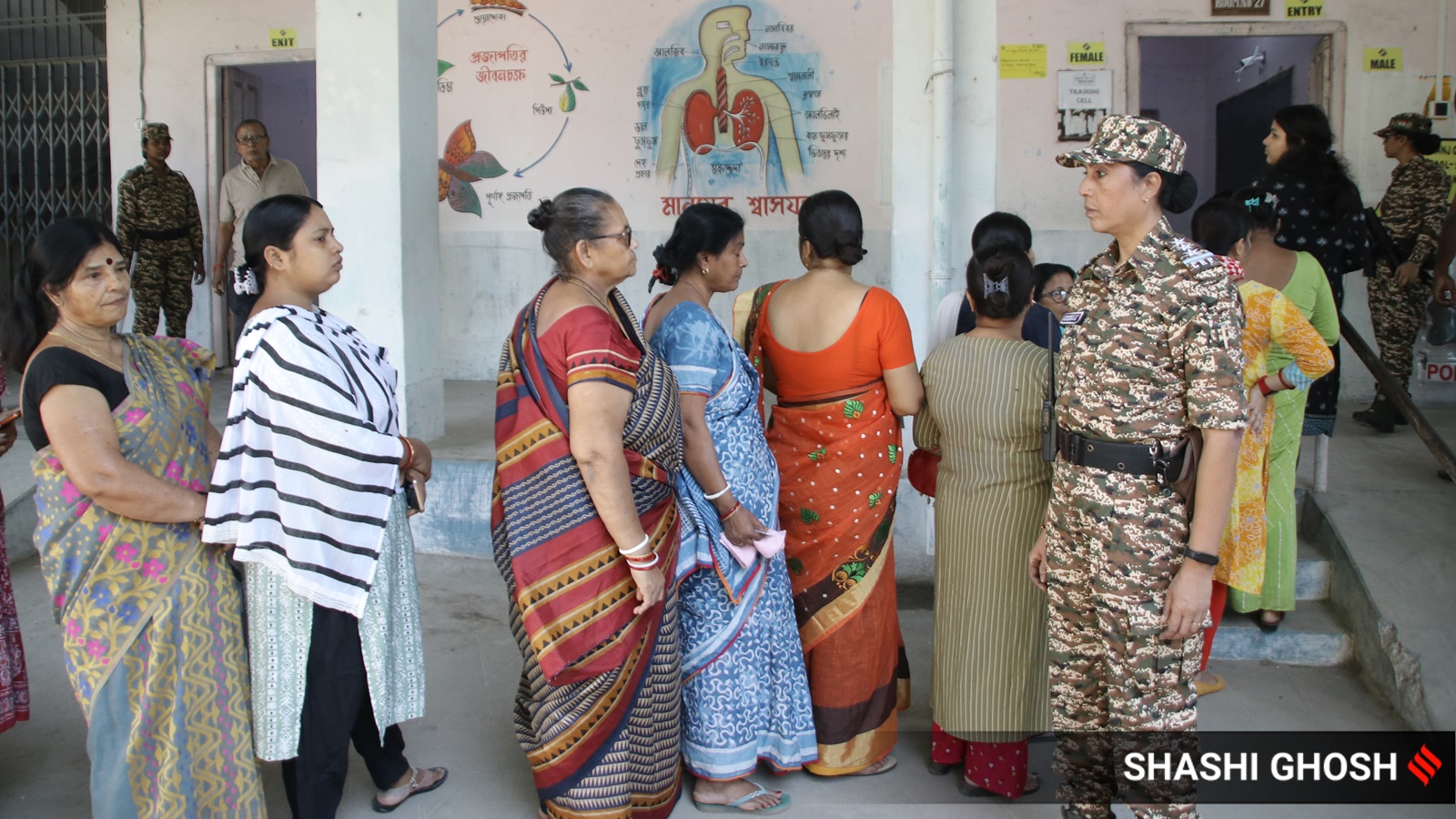 |
|
The Supreme Court of India has declined to direct the Election Commission (ECI) to publish booth-wise voter turnout figures and upload copies of Form 17C, which contains the number of votes cast at each polling station, on its website within 48 hours of polling.
The court held that it cannot issue such an order in the midst of an ongoing election and adjourned the hearing on the pleas filed by the Association for Democratic Reforms (ADR) and Trinamool Congress (TMC) leader Mahua Moitra.
The bench, comprising Justices Dipankar Datta and Satish Chandra Mishra, observed that the interim relief sought by the petitioners amounted to granting the final relief prayed for in the pending 2019 petition filed by Moitra.
The court questioned the petitioners on why the matter had not been pursued diligently since it was first filed in 2019 and expressed concern about the potential for mischievous individuals to take advantage of the situation.
Senior advocate Maninder Singh, appearing for the Election Commission, argued that the issue of Form 17C had already been settled by the Supreme Court in its judgment on the EVM-VVPAT matter and that the application was based on mere speculation and apprehension.
The court adjourned the hearing and kept the application and petition pending until after the elections.
The decision has sparked a debate about the transparency and accountability of the electoral process in India, with some experts arguing that the publication of booth-wise voter turnout data would enhance public confidence in the system.
However, the Election Commission has maintained that it is committed to conducting free and fair elections and that the publication of such data could potentially compromise the secrecy of the ballot.
The Supreme Court's decision is likely to have significant implications for future election petitions and the role of the judiciary in ensuring the integrity of the electoral process.
It remains to be seen whether the petitioners will pursue alternative legal avenues to compel the Election Commission to publish the requested data or whether the matter will be resolved through the ongoing electoral process.
Source: Supreme Court refuses to direct Election Commission to publish booth-wise voter turnout data
